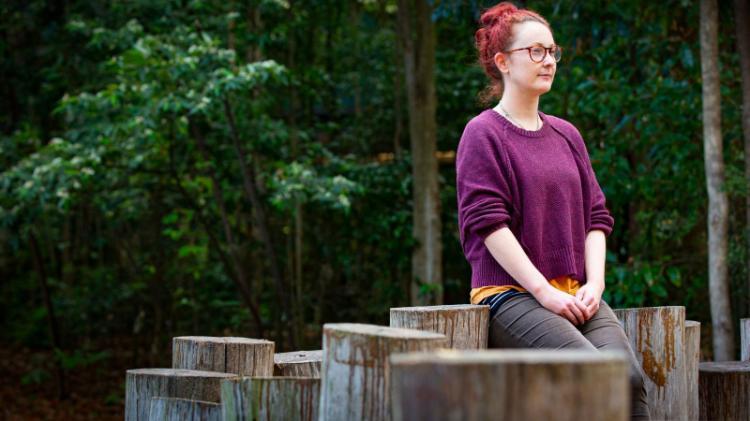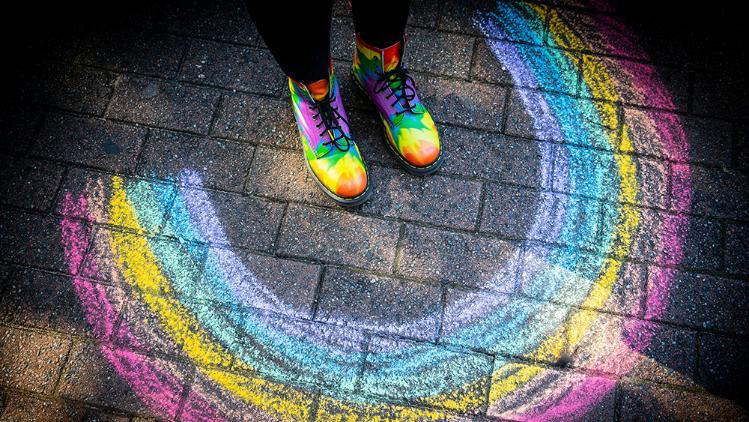Case studies
- Elevating women to fight for planet health
- Alternative reporting options available for sexual assault
- UOW gender pay gap on track for positive change
Four outstanding UOW researchers embraced the wilds of Antarctica as part of a prestigious global initiative that aims to motivate and celebrate women with backgrounds in Science, Technology, Engineering, Mathematics and Medicine (STEMM).
Distinguished Professor Sharon Robinson, Professor Danielle Skropeta, Dr Tamantha Stutchbury, and Dr Diana King were selected to join Homeward Bound voyages to Antarctica in November 2023, on a 19-day trip that brought together close to 200 women leaders from 25 countries.
The Antarctica voyage is the final step in the year-long Homeward Bound program, a global leadership initiative which aims to improve the skills, visibility, and influence of women in STEMM. The program is focused on fostering a new generation of outstanding leaders and providing innovative, collaborative solutions to problems plaguing our world, including climate change, sustainability, and health.

- SDG 5 – Gender Equality
- SDG 13 – Climate Action
- SDG 14 – Life Below Water
- SDG 15 – Life on Land
With latest statistics revealing only 13 per cent of sexual assaults are ever reported, a world-first study by researchers at UOW and RMIT revealed alternative reporting options can help survivors of sexual assault.
Criminologist and report co-author, UOW’s Dr Rachel Loney-Howes, said alternative reporting refers to self-administered forms that provide confidential avenues for victim-survivors to informally report sexual assault without having to speak directly to authorities. In Australia, current alternative reporting options sit directly with police.
The new research was the first of its kind to examine alternative sexual assault reporting options that are run by law enforcement and victim support services.
Researchers found that alternative reporting options are seen as an ‘in-between’ pathway for victim-survivors who are unsure about making a formal report to police or do not wish to engage with police at all. They also found alternative reporting options enable victim-survivors to tell their story in their own words, in ways that are meaningful to them and allow them autonomy and control.

- SDG 5 – Gender Equality
- SDG 10 – Reduced Inequalities
- SDG 16 – Peace, Justice and Strong Institutions
Universities play a crucial role in promoting equality, inclusion and diversity. At UOW, we have a range of strategies in place to achieve gender equality and are committed to pay-scale equity and the measurement and elimination of gender pay gaps.
In 2023, UOW’s Gender Pay Gap (GPG) for median remuneration was 4 per cent, which was slightly below the overall median GPG of 4.1 per cent for the Australian Tertiary Education sub-sector. When compared to some of the top universities, UOW's GPG is moderate. This result indicates that UOW is performing well in gender pay equality, but there is still room for improvement.
UOW regularly measures and tracks pay scale gender equity and conducts extensive gender pay gap analysis by level, faculty, division, and school. Findings and recommendations are reported to the People & Culture Committee and University Council. The data assists the University in identifying possible areas of emerging disparity and helps inform future implementations of strategic and practice directions to close any gap.
![]() UOW has been recognised as one of the prominent organisations in Australia focused on gender equality in the workplace and providing meaningful support to achieve career goals.
UOW has been recognised as one of the prominent organisations in Australia focused on gender equality in the workplace and providing meaningful support to achieve career goals.
- SDG 5 – Gender Equality
- SDG 10 – Reduced Inequalities

















